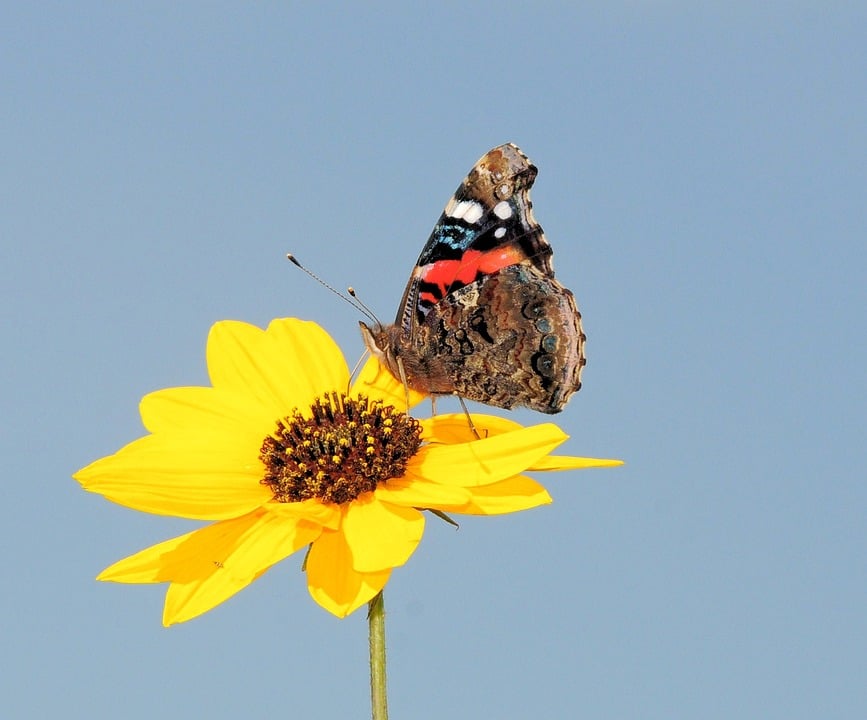The medieval period was a time of great turmoil and uncertainty. Wars, plagues, and religious persecutions gripped the populations of Europe, leading many people to seek comfort in the idea of an afterlife. From the chivalric ideals of knights to the dark arts of necromancy, the medieval beliefs in the afterlife were varied and complex. In this article, we will delve into the fascinating world of medieval beliefs in the afterlife, exploring their historical context, current state, and future predictions.
Historical Context: Knights, Heaven, and Hell
During the medieval period, the concept of the afterlife was deeply intertwined with religious beliefs. Christianity, with its promise of heaven for the virtuous and hell for the sinners, played a central role in shaping medieval ideas about the afterlife. Knights, in particular, held a special place in medieval society, as they were seen as defenders of the faith and protectors of the weak.
Knights believed that by living according to the code of chivalry, they would earn a place in heaven after death. This code emphasized virtues such as courage, loyalty, and honor, and knights who adhered to these principles were believed to be rewarded in the afterlife.
On the other hand, those who strayed from the path of righteousness were said to face eternal damnation in hell. The threat of hellfire was often used by the church to keep the population in line, as people were warned that only through repentance and good deeds could they avoid the fiery pits of hell.
Current State: The Legacy of Medieval Beliefs
While the medieval period may be long gone, its beliefs about the afterlife continue to influence modern society in profound ways. The idea of heaven and hell, for example, still holds sway over many people’s beliefs, shaping their actions and decisions in the present.
Moreover, the legacy of medieval beliefs in the afterlife can be seen in popular culture, literature, and art. Concepts such as necromancy, the practice of communicating with the dead, have been romanticized and sensationalized in movies, books, and TV shows, fueling a fascination with the supernatural that traces its roots back to the medieval period.
Despite the advancements of science and technology, many people still cling to the comforting notion that there is something beyond this life, a continuation of the soul in another realm. This enduring belief in the afterlife speaks to our deep-seated need for meaning and purpose in a world that can often seem chaotic and unpredictable.
Future Predictions: The Evolution of Afterlife Beliefs
As society continues to evolve, so too do our beliefs about the afterlife. While the medieval ideas of heaven and hell may still hold sway over some, others are exploring new and innovative ways of thinking about what happens after we die.
One emerging trend is the blending of Eastern and Western religious beliefs, as people seek to find common ground between different spiritual traditions. Practices such as meditation, yoga, and mindfulness are being embraced by people of all faiths as tools for exploring the nature of consciousness and the afterlife.
Another trend is the rise of secular humanism, which rejects the idea of a supernatural afterlife in favor of focusing on making the most of this life. Secular humanists believe that the best way to honor our loved ones who have passed away is to live a good and meaningful life, leaving a positive legacy for future generations.
As we move forward into an uncertain future, it is clear that our beliefs about the afterlife will continue to evolve and adapt to the changing needs and desires of society. Whether we find comfort in the traditional teachings of the medieval period or seek out new and innovative ways of understanding the mysteries of life and death, one thing is certain: the quest for meaning and purpose in the face of mortality will always be at the heart of our human experience.
Conclusion
In conclusion, the medieval beliefs in the afterlife were a complex tapestry of chivalric ideals, religious teachings, and supernatural phenomena. From the valiant knights seeking a place in heaven to the dark arts of necromancy used to communicate with the dead, the medieval period was a time of profound uncertainty and spiritual seeking.
While the legacy of medieval beliefs in the afterlife continues to influence modern society, it is clear that our understanding of what happens after we die is constantly evolving. Whether we find solace in the traditional teachings of our ancestors or seek out new and innovative ways of exploring the mysteries of life and death, one thing is certain: the quest for meaning and purpose in the face of mortality will always be a central part of the human experience.
Thank you for joining us on this journey through the fascinating world of medieval beliefs in the afterlife. We hope you have gained a deeper understanding of the rich tapestry of ideas that have shaped our beliefs about what lies beyond this life. For further exploration of this topic, we recommend delving into the works of historians, theologians, and philosophers who have dedicated their lives to unraveling the mysteries of the afterlife.
